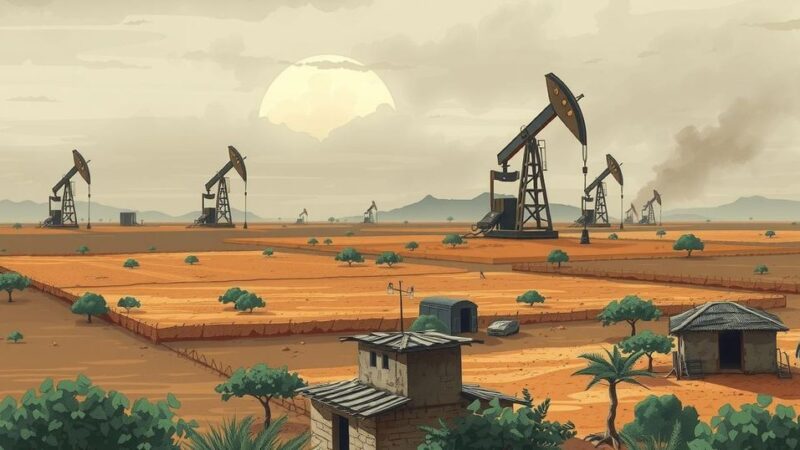Andre Correa do Lago, president of COP30, calls for a shift from discussions to actionable commitments in climate negotiations, particularly following the Paris Agreement. He emphasizes the need for evolving strategies, highlighting the challenges posed by the U.S. withdrawal from the agreement and geopolitical conflicts. Brazil aims to enhance inclusivity and advocate for concrete actions leading up to COP30.
Andre Correa do Lago, the president of the upcoming COP30 summit, has acknowledged the constraints of the current climate negotiation model after decades of United Nations summits. He emphasized the necessity for climate discussions to transcend mere dialogue and to concentrate on actionable commitments, especially following the Paris Agreement. While he asserts that the Agreement is effective, he believes it requires more effort to drive substantial progress.
Correa do Lago’s remarks reflect rising dissatisfaction with the slow pace of climate negotiations amidst urgent global challenges. He noted that the stagnation in emissions reductions exemplifies the pressing need for concrete actions rather than continued deliberation. Under Brazil’s presidency, there is a dedicated aim to pivot towards practical measures and enhance the inclusivity of various groups in climate discussions.
Although the Paris Agreement has made strides, Correa do Lago pointed out that it has not significantly curbed emissions. He raised concerns regarding the UNFCCC’s limited efficacy and suggested the need for its evolution. External factors, such as the U.S. withdrawal from the Paris Agreement and shifting funding priorities toward defense over climate solutions, have further impeded progress in addressing climate change.
In light of these challenges, Brazil seeks to galvanize global leaders to utilize platforms like the G20 and IMF meetings to advocate for more substantial climate change actions. Furthermore, it aims to amplify the voices of civil society and Indigenous groups within the climate dialogue. In preparation for COP30, Correa do Lago plans to host two international meetings aimed at urging countries to adhere to their commitments in reducing greenhouse gas emissions.
The COP summits are regarded as pivotal forums for climate negotiations, where world leaders converge to formulate frameworks such as the Paris Agreement. Nevertheless, critics contend that despite extensive discussions, concrete action toward climate objectives remains lacking. The withdrawal of the United States from the Paris Agreement and ongoing geopolitical conflicts, such as the war in Ukraine, have complicated the climate agenda, with some nations deprioritizing environmental issues.
Looking ahead, Correa do Lago envisions COP30 as an opportunity for a more action-centric approach, prioritizing implementation over mere dialogue. The two forthcoming international meetings will be instrumental in shaping national commitments towards emission reductions.
In summary, Andre Correa do Lago’s insights underscore the urgent necessity for action beyond discussions in climate negotiations. As COP30 approaches, Brazil’s leadership focuses on transforming dialogue into tangible commitments, advocating for inclusivity, and addressing the challenges posed by geopolitical shifts. The effectiveness of upcoming international meetings will be crucial in determining the trajectory of global climate action.
Original Source: www.turkiyetoday.com






